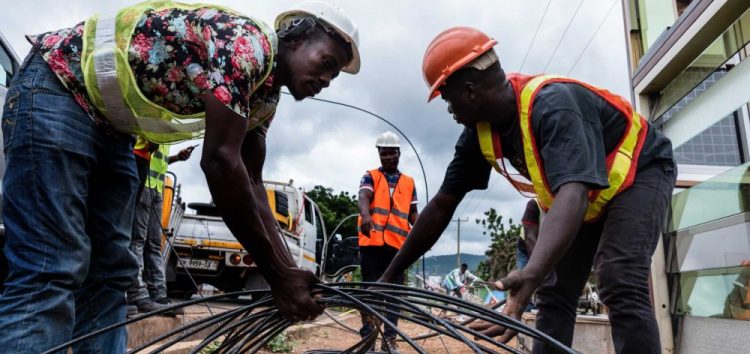The Federal Government has approved a project to extend internet broadband into the 19 states in Northern Nigeria.
The project dubbed the National Information Communications Technology Infrastructure Backbone, NICTIB II aims to improve the poor broadband infrastructure in the Northern parts of the country.
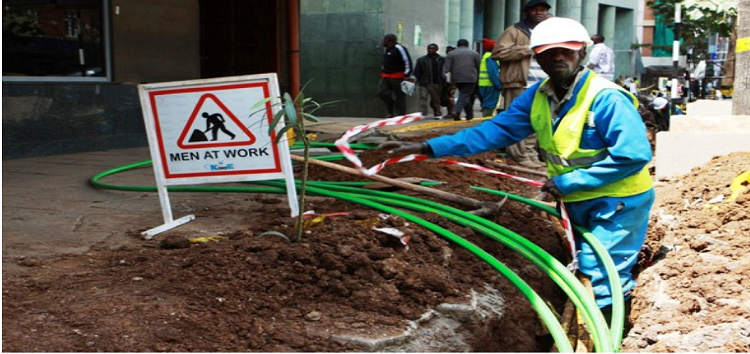
Speaking on the project, the Managing Director, Galaxy Backbone (GBB) Professor Mohammed Abubakar explained that the internet fibre network will move from Abuja to Plateau, Gombe, Kano and the rest of Northwestern Nigeria.
Galaxy Backbone is an agency within the ministry of communications and the digital economy, that is responsible for providing digital infrastructure for the government.
Less than 42% of Nigeria’s Internet Population
Despite being the region with the highest number of states (19) and largest population (90 million), the Northern region of Nigeria has below 42% of the internet population in the country.
The total active internet population in the region is estimated at about 51.9 million.
Nigeria has a total of 126,078,999 subscribers active on internet, according to NBS telecoms data for Q4 2019
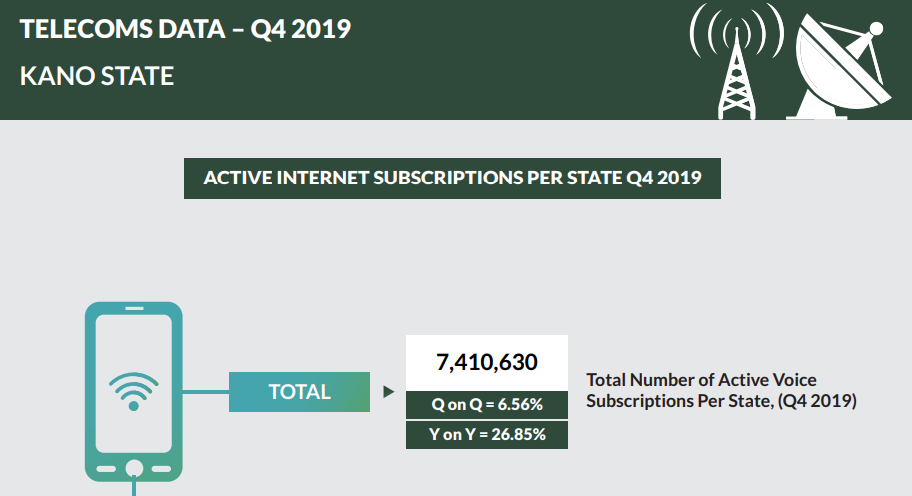
Also, the internet population is concentrated in major cities like Kano, Kaduna and Niger, adding up to an estimated population of about 51.9 million, according to the Nigerian Bureau of Statistics (NBS).
The second phase of its National fibre project (NICTIB II) just approved by the FG aims to increase this number by improving the broadband connectivity in the region.
Kebbi, Taraba and 4 other Northern States are listed among the states with lowest internet users
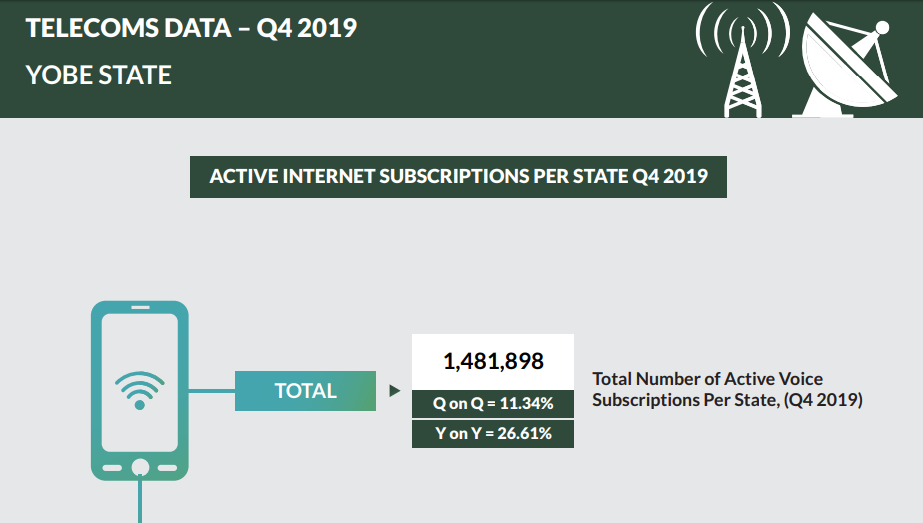
The project comes after the first phase (NICTIB I) laid fibre network from Lagos to some parts of the South-South (Port-Harcourt and Calabar), South-East (Enugu), and North Central (Markurdi, Nassarawa, and Abuja), according to Abubakar.
$328 Million Credit Facility
The NICTIB II project to lay fibre networks in the North will be funded by a $328 million (N126.7 billion) credit facility raised by the Galaxy backbone Ltd from China’s EXIM bank.
The debt fund was a byproduct of the memorandum of understanding (Mou) signed between Galaxy Backbone Limited and China’s Huawei technologies Limited in 2018.
With the second phase the project approved, the growing National fibre network is expected to extend into 19 more states.
Achieving Nigeria’s 65% Broadband Penetration Target by 2024
Nigeria’s broadband penetration now stands at 40.14% with about 76.6 million users, according to NCC May stats. This represent about 25 increase from the 38% broadband recorded in January.
With Nigeria targeting a broadband penetration of 65% by 2024, the current rate of 2% increase in the space of 5 months won’t be enough.
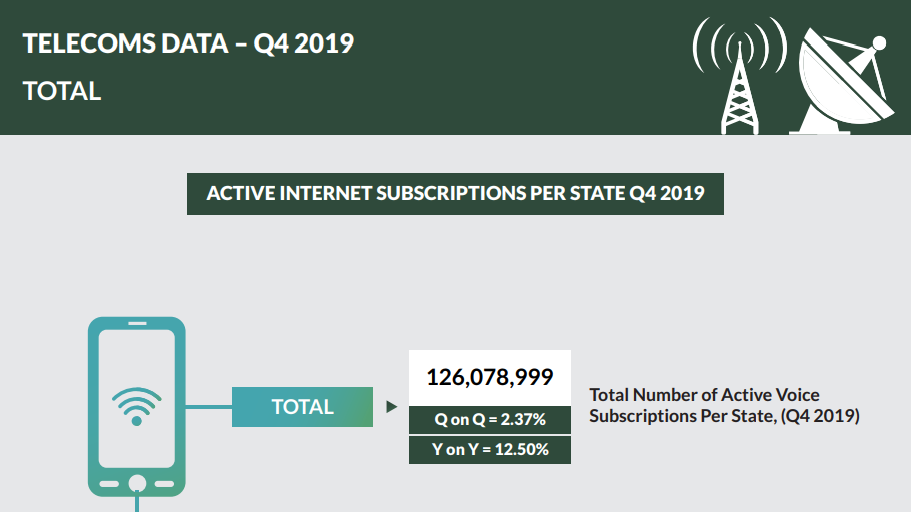
Although not much has been said of the NICTIB project, its approval could push the instalment of infrastructure that will help increase the pace of broadband penetration in the country.
Also, the recent announcement by the NCC that $732 million will be released in four years to improve Nigeria’s broadband penetration will also make a significant impact.
Similarly, the recent crash of right of way charges for ISPs by Ekiti and some other states will have a quantifiable effect especially if other states follow.
In summary, the new developments mark a bright path towards achieving Nigeria’s broadband target as well as boosting internet-based innovation in the North. However, pushing Internet use in the region requires not just putting in place infrastructure but also internet education among other things.
